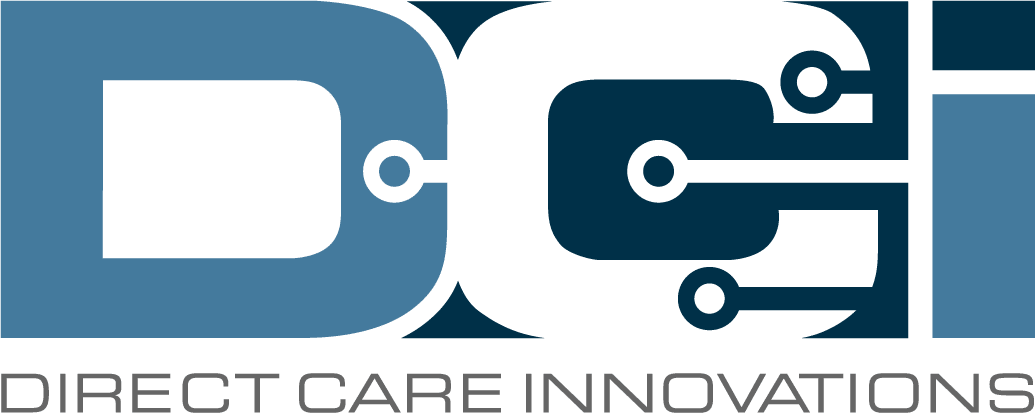Paying Family Caregivers for Home-Based Healthcare
COVID-19 presents a significant health risk to the elderly, and the risk increases for the elderly living in nursing homes. Correspondingly, Direct Care Innovations understands many people prefer to care for their loved ones at home personally. However, doing so may require paying family caregivers for home-based healthcare. Medicaid already covers personal care services for individuals with low incomes. The funds fall into the category of long-term services and support via home-based healthcare services. As a result of the pandemic, Medicaid made temporary allowances for some family members to receive compensation while caring for a loved one. Now, some are calling for the allowances to become permanent.

COVID-19 Intensifies Elderly Care Challenges
Before the pandemic, some elderly already battled social isolation, loneliness, and depression. This was especially true for those with little to no family or social support, and those living in nursing homes. COVID-19 deepened these issues and added others. First, we now know nursing homes are like Petri dishes for virus proliferation and as a result, many elderly have already died. Also, direct care professionals’ supply doesn’t meet the demand, and the turnover rate is high.Paying Family Caregivers for Home-Based Healthcare for Aging Loved Ones Could Bridge the Care Gap
Many family members want to provide direct care for their mature loved ones, but they can’t forego pay to do so. Compensating them through Medicaid provides several benefits, but the idea gets pushback from some. One argument against the solution is that family members are expected to care for their family out of love, not payment. Another concern is the potential for fraud and the challenge of accurately capturing time and work performed.For Love or Money?
Regarding the concerns raised about paying family members for home-based healthcare, there are reasonable responses. For instance, one could argue that those who can afford to provide care for their elderly spouse or family should do so. However, those who can’t afford to miss out on the income that would be lost due to spending time providing direct care services for a loved one could receive a moderate reimbursement.The Use of EVV to Facilitate Payment
Regarding fraud, any fraud risk requires mitigation. In this case, leveraging EVV (Electronic Visit Verification) may offer one solution. Technology solutions, such as the DCI software, could track and measure time and work performed. Family members and spouses delivering home-based healthcare to their loved ones are not typically fraudulent endeavors. However, the right tracking and reporting mechanism can still lessen the risk.
Paying Family Caregivers for Home-Based Healthcare Comes with Benefits
If concerns are successfully addressed, making Medicaid’s temporary change permanent could result in several benefits:- Aging spouses and family members can stay in their homes longer or indefinitely.
- Costs should decrease for all parties, including Medicaid, the elderly, and their loved ones who provide care.
- Moderate reimbursement would provide a buffer for lost income.
Where to Go from Here
Whatever happens, DCI will continue to serve customers nationwide, by delivering industry news and the quality products and services that supports it. Call us today at (480) 295-3307 or click here for an EVV demo.

